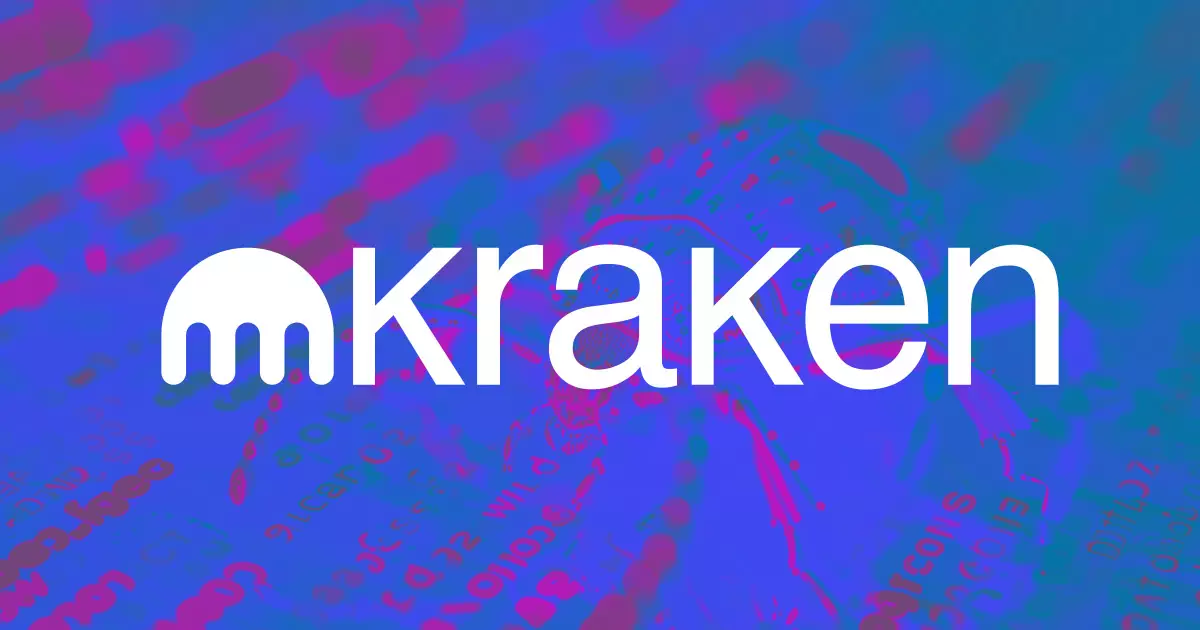Recently, blockchain security firm CertiK made headlines by revealing a critical vulnerability in the deposit system of the popular crypto exchange Kraken. CertiK claimed that Kraken had threatened its employees and demanded repayment for a “mismatched” amount in an unreasonable timeframe without providing a relevant wallet address. The security firm denied any extortion allegations and announced its intention to transfer the funds used for white-hat testing back to Kraken since a new address had not been provided.
CertiK’s investigation began on June 5 when its researchers discovered an issue in Kraken’s deposit system. The flaw failed to differentiate between various internal transfer statuses, prompting the firm to delve deeper into the possibility of a malicious actor fabricating a deposit transaction and then withdrawing the fabricated funds. During their testing, CertiK found that millions of dollars could be deposited into any Kraken account, and over $1 million worth of fabricated crypto could be withdrawn and converted into valid cryptocurrencies. Surprisingly, no alerts were triggered during this multi-day testing period, and Kraken only responded by locking the test accounts days after the incident was reported.
The timeline of events is quite revealing, with the initial discovery on June 5 leading to significant tests such as a large withdrawal of over 90,000 Matic on June 7. CertiK reported its findings to Kraken on June 10, and by June 12, the critical vulnerability was confirmed and fixed. However, tensions escalated on June 18 when Kraken allegedly threatened a CertiK employee and demanded repayment without providing addresses. Kraken’s Chief Security Officer later disclosed that nearly $3 million had been taken from its wallets due to a bug that allowed unauthorized deposits and withdrawals from the platform.
In response to the situation, Kraken attempted to address the bug and discovered that three accounts had exploited the flaw, resulting in the withdrawal of nearly $3 million from the exchange’s treasury. Despite the severity of the situation, researchers from CertiK refused to return the funds and provide the necessary data as per standard bug bounty programs. Kraken criticized the researchers for their demands of a speculative sum for potential damages, denouncing their actions as unethical and criminal.
The events surrounding the discovery of the critical vulnerability in Kraken’s deposit system have raised concerns about the security of cryptocurrency exchanges and the potential risks involved. CertiK’s findings shed light on the importance of thorough testing and proactive security measures to prevent exploitation by malicious actors. Moving forward, it is essential for crypto exchanges to work closely with security firms and researchers to identify and address vulnerabilities promptly, ensuring the safety and security of users’ funds.
















Leave a Reply